Benzodiazepine Detox in Orange County
Learn what to expect during Benzo detoxification at Lift Off Recovery.
Anyone can experience addiction to benzodiazepines. Benzodiazepines are prescription medications used to treat sleeping disorders, anxiety, epilepsy, muscle tension, and seizures. Benzos are some of the most commonly abused medications, especially when used with other drugs.
Benzodiazepines are only meant to be used for the short-term. People who use them for prolonged periods progressively develop a physical dependence on the drugs. Patients can develop addiction in as little as four weeks. At this point, they must seek professional help from facilities that specialize in substance use.

What Is Detox, and Why Is It Necessary?
The prolonged use of benzodiazepines, such as Xanax, Valium, or Klonopin, can cause serious health complications. Addiction affects every aspect of an addict’s life, such as their work, close relationships, and other personal experiences. Getting the drug out of the addict’s system is the only way to battle benzodiazepine addiction. This removal of the drug is achieved through a process known as benzos detox.
People attempting to quit benzos should go through a medically-supervised detox. This helps ensure that they remain healthy while attempting to get clean. The detox process can lead to life-threatening side effects if not done the right way.
Detox must be done in the presence of a supervising physician. The physician will monitor any fatal symptoms that may arise, such as suicidal behavior or seizures.
How Benzo Detox Works
Benzodiazepines work by slowing down brain activity in the regions responsible for anxiety and stress. The main goal of detoxing is physical stabilization. As mentioned, detox from benzodiazepine medications should be done under the close supervision of a medical professional to guarantee safety.
The process of medically detoxing from benzos involves significantly reducing the drug intake. Tapering down from the drug can mean prescribing a lower dose or using less potent benzos to reduce dependency. The strategy selected depends on how severe the addiction is and the type of benzodiazepine the patient abused.
Diazepam (Valium) and Clonazepam (Klonopin) are commonly used in the detoxing process because they are less potent than other benzos. A majority of addicts gradually reduce their benzo intake until it is safe to stop using the drugs altogether. However, there are special medications that can help manage the withdrawal symptoms during the detox phase, such as Flumazenil and Buspirone.

How To Know It's Time for Detox?
Addiction to or dependence on benzodiazepines can develop quickly. When this happens, patients may feel the need to take more of the drug to achieve the desired effect. An individual with benzos addiction may take up to 30 pills a day.
If the users decide to stop taking the drugs, they may develop severe side effects such as tremors, anxiety, and insomnia. In this case, it may be time to take a benzos detox before the dependence turns into a serious addiction.
Inpatient Benzodiazepine Detox is More Effective than At-Home Detox
Some patients can successfully detox at home with the help of a physician and the support of their family and friends. Patients detoxing at home will pick up their daily dose at a clinic and undergo monitoring at home for several days. While this works perfectly well for some patients, it may not always be the answer. There is an increased risk of developing painful side effects, and the relapse rate is also high.
Inpatient benzos detox ensures patient safety. Especially if they have been taking the drugs for a long time or if past attempts of quitting have been unsuccessful. This medically-assisted detox is also recommended for patients with mental health issues and expectant mothers.
Benefits of Seeking Professional Assistance
There are many benefits of going to a Benzodiazepines detox center, such as:
Increased likelihood of long-term success
Family care
Stress management lessons
The provision of individual and group counseling
Benzodiazepine Withdrawal Symptoms
Quitting benzos “cold turkey” without medical supervision can cause a rebound effect. The brain may respond with a rebound effect to try to maintain a natural balance. Most medical professionals suggest that the best way to detox from benzos is to slowly taper off the drug.
This taper should be done in a controlled setting and under medical supervision. The length of weaning will be determined by the duration the patient was on the medication. Medical professionals will also consider the level of dependency, along with genetic and other physiological factors.
Withdrawal symptoms may also vary in their severity. The following are top examples of withdrawal symptoms from benzos detox:
- Insomnia
- Increased heart rate
- Muscle aches
- Anxiety
- Blurred vision
- Memory loss
- Depression
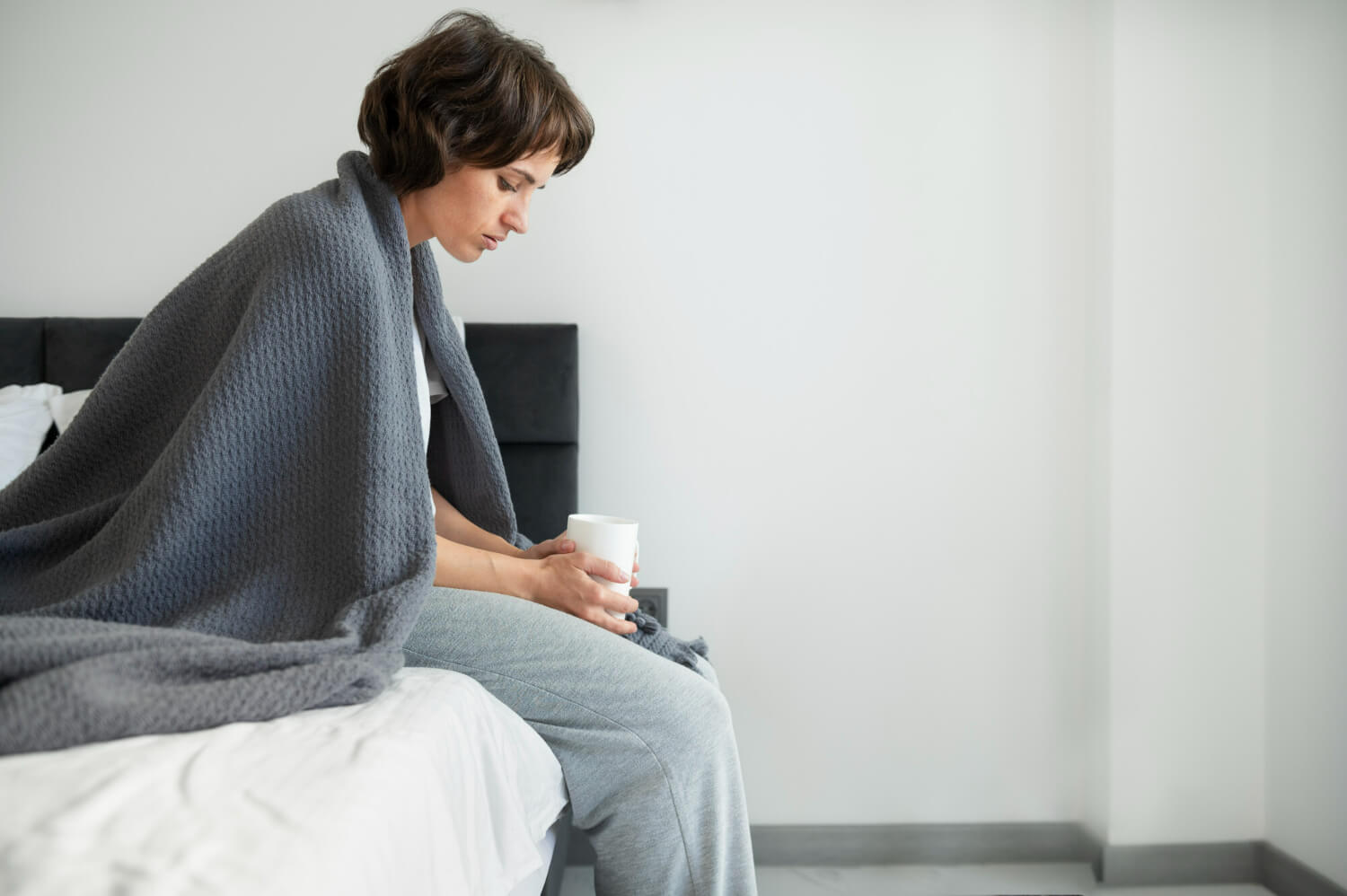
Patients may also experience more severe side effects such as psychosis, hallucinations, seizures, and depersonalization. It is also worth noting that abusing benzodiazepines alongside other drugs or alcohol can increase the severity of the withdrawal symptoms. This is medically referred to as poly-drug abuse.
According to reports, more than 90% of deaths caused by benzodiazepine abuse involve at least one more drug. Going by these statistics, patients should always be honest with their medical team about any other drug they may be using.
Benzodiazepine Withdrawal Timeline
As mentioned, the withdrawal phase for Benzos varies from one patient to the next. The following is a general guideline of what happens during the various withdrawal stages:
How Lift Off Recovery Helps
Lift Off recovery is staffed by qualified medical doctors, certified addiction counselors, case managers, registered nurses, and licensed therapists. All of these professionals are trained to help patients dealing with addiction to Benzodiazepine. The treatment facility provides medically-assisted detox as well as inpatient treatment.
The recovery center provides individualized care to each patient. The recovering addicts are also taken through a therapeutic program that addresses their mental, emotional, psychological, and spiritual needs. Patients go through many assessments to develop a program tailored to meet their unique needs.
Get Professional Help Detoxing off Benzos
No one has to fight addiction alone. If you or a loved one is addicted to benzodiazepines there is hope. The team at Lift Off Recovery in Orange County will ensure you get the help you need.
Our experienced and highly trained team of professionals will be with you through every step of your recovery journey. Contact us today for more information about our inpatient benzodiazepine detox program.
View Our New Facility
If you are looking for inpatient rehab and detox services, Lift Off Recovery can help you recover from an alcohol or drug addiction and safeguard your health and overall well-being.






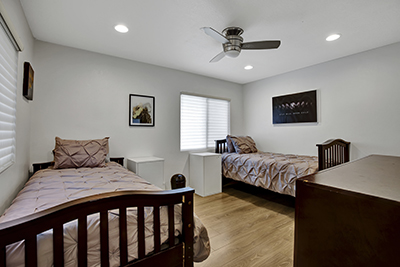

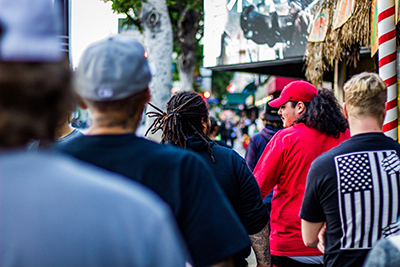
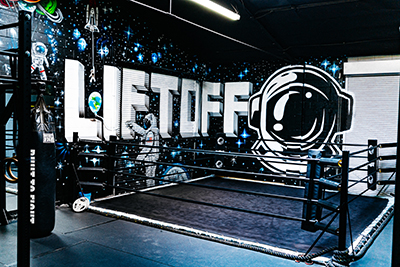

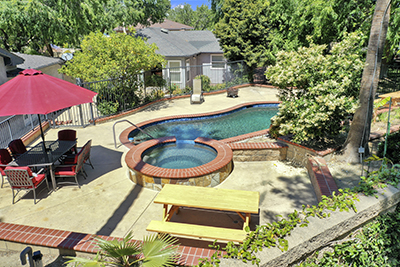

FILL THE FORM BELOW
The Journey Begins
CONTACT LIFT OFF RECOVERY TODAY FOR DETOX AND ADDICTION TREATMENT IN ORANGE COUNTY, CALIFORNIA!
Take the first step and contact us today. Our admissions specialists are ready to help you get the care you need. We can help you figure out how to pay for treatment and what level of care is right for you.
- Insurance Accepted
- Friendly Staff
- Years of Experience
